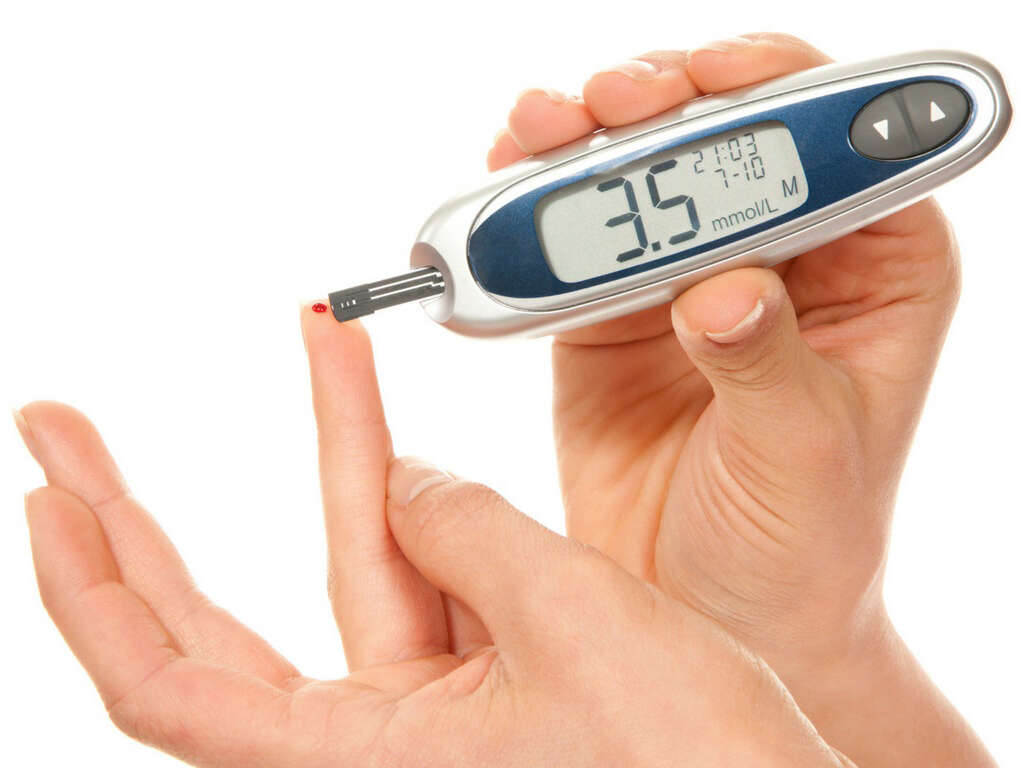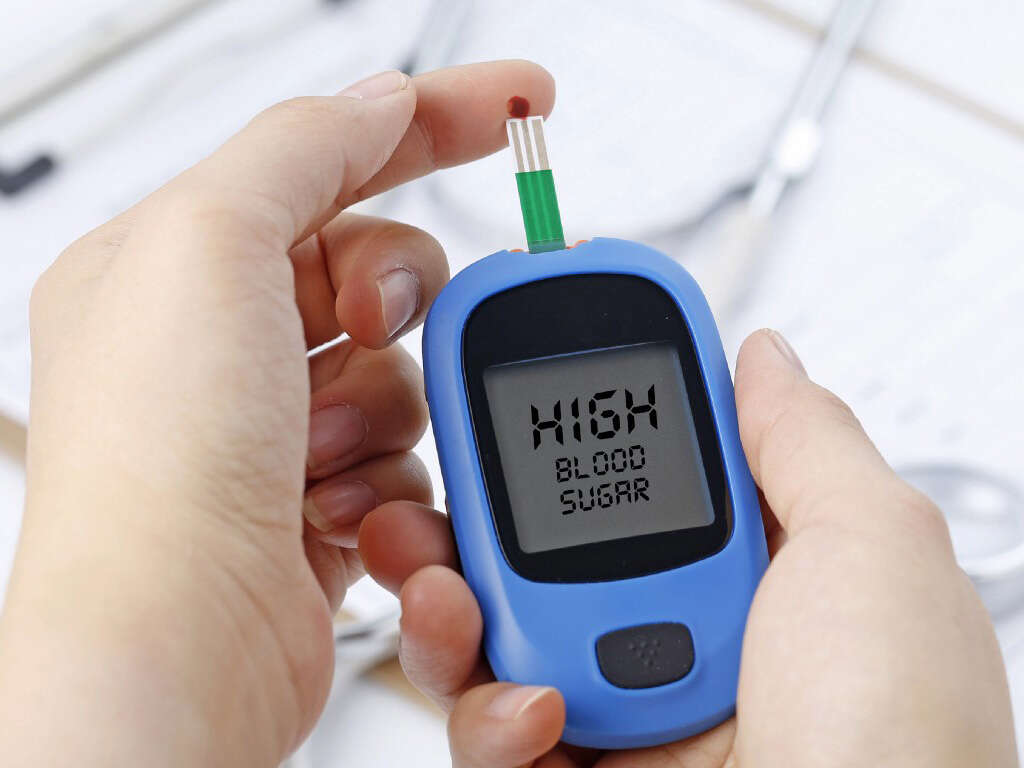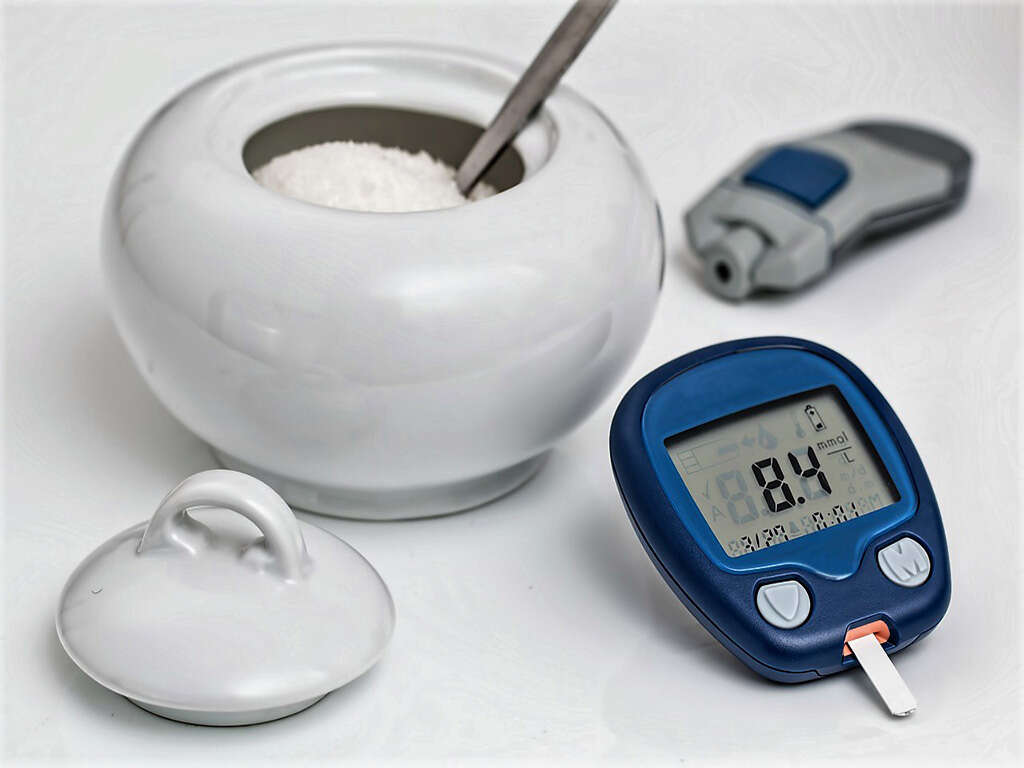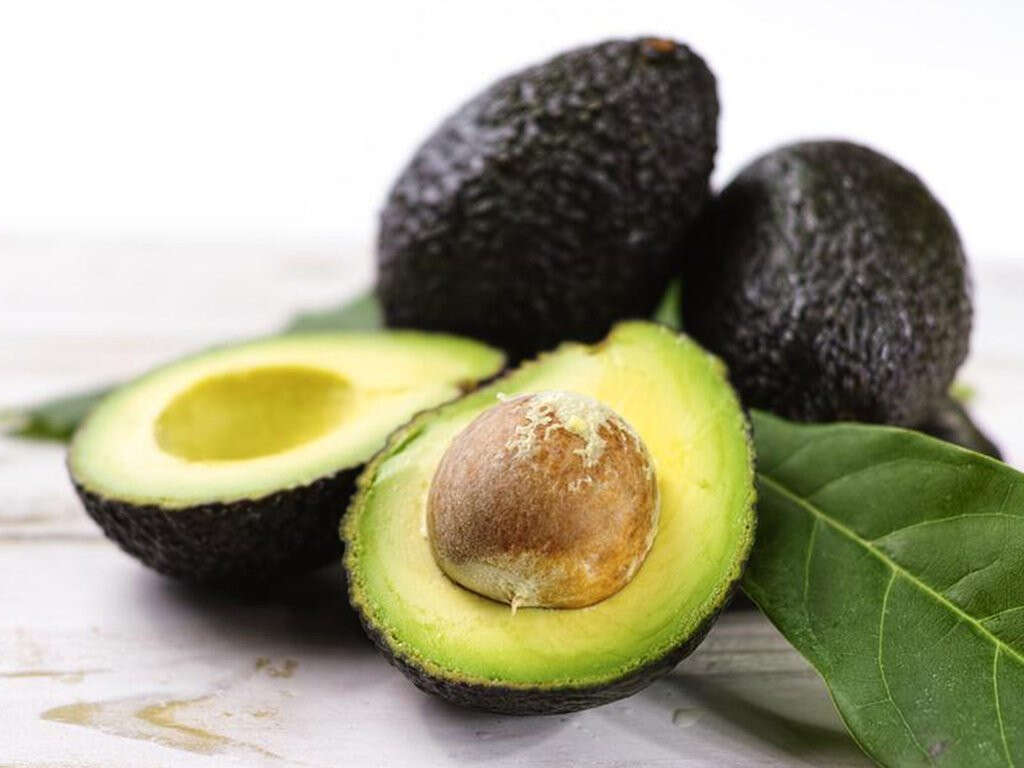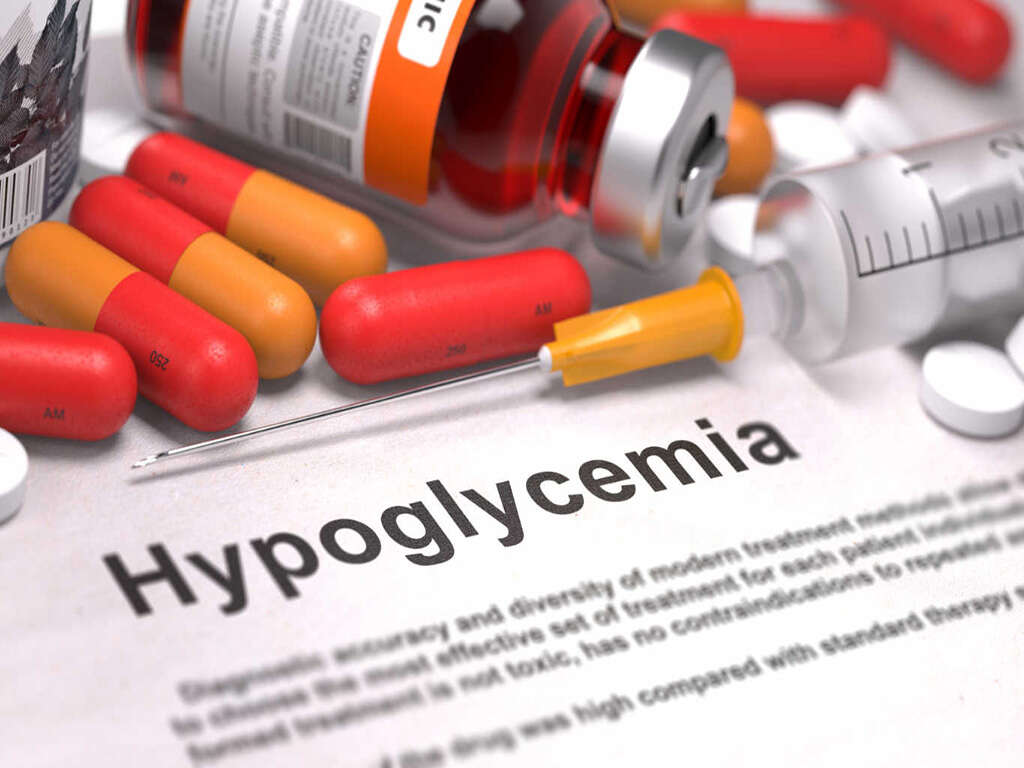What Is Cholesterol?
 Article Sources
Article Sources
- 1. 'LDL & HDL: Good & Bad Cholesterol.' Centers for Disease Control and Prevention, www.cdc.gov/cholesterol/ldl/hdl.htm.
- 2. 'Causes of High Cholesterol.' Heart.org, www.heart.org/en/health-topics/cholesterol/causes-of-high-cholesterol.
- 3. 'High Cholesterol Diseases: Conditions & Outcome.' Cleveland Clinic, my.clevelandclinic.org/health/articles/11918-cholesterol-high-cholesterol-diseases.
- 4. 'Knowing Your Risk: High Cholesterol.' Centers for Disease Control and Prevention, www.cdc.gov/cholesterol/risk/factors.htm.
- 5. 'Triglycerides and High Cholesterol: Causes, Risks & Prevention.' Cleveland Clinic, my.clevelandclinic.org/health/articles/11117-triglycerides.
Cholesterol is a soft, fatty substance that is found in all of the body’s cells. It’s produced in the liver and is then transported by the blood to parts of the body where it’s needed. The body manufactures all of the cholesterol it needs to produce hormones, bile and vitamin D and requires no extra consumption to meet its needs.
Some foods from animal sources contain cholesterol, referred to as dietary cholesterol. When in excess, cholesterol can combine with other substances in the blood to form plaque that easily coats artery walls, leading to the obstruction of arteries and to coronary artery disease.
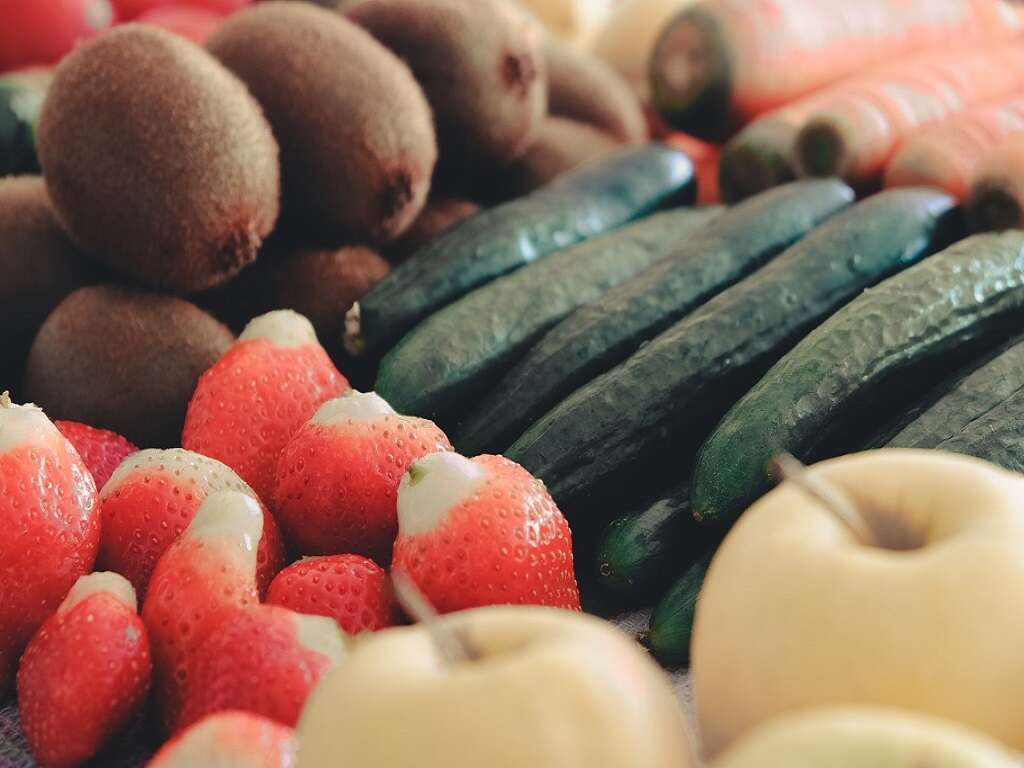
1. Why Cholesterol is Essential
Cholesterol is present in all of the body’s cells and is of vital importance to bodily functioning. It’s particularly necessary in the brain, nerves and skin, where it forms part of the structure of all cell membranes.
Cholesterol, which is transported in the blood by carriers known as lipoproteins, creates hormones such as estrogen, testosterone and adrenal hormones that assist in metabolic functioning, as well as playing a vital function in vitamin D production. It also produces bile acids that help in the digestion of fat and the absorption of essential nutrients.
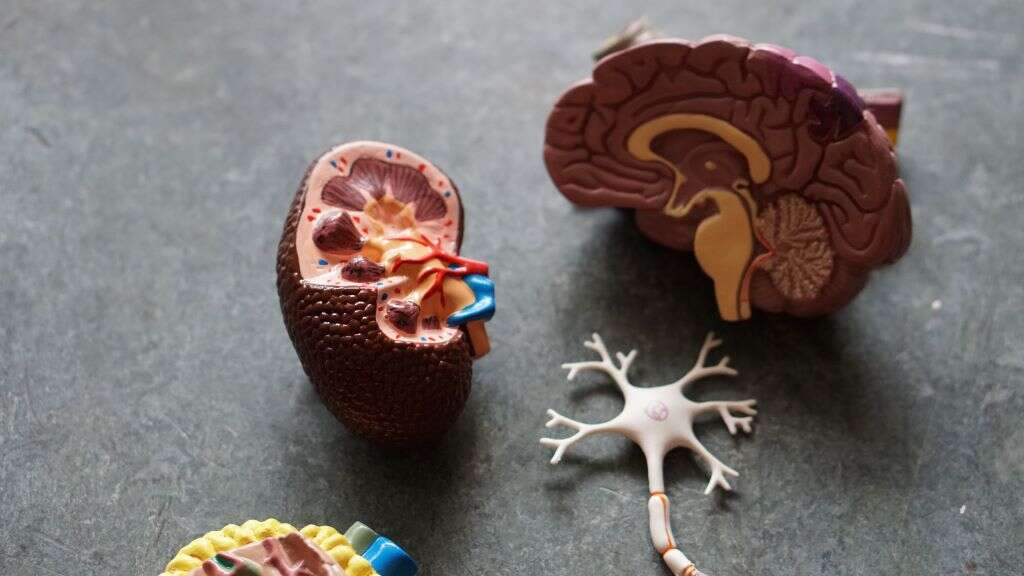
2. How Cholesterol is Transported
Most cholesterol is manufactured in the liver and in the body’s cells, with a small percentage coming from food. Since blood fats cannot circulate freely in the blood, they are placed in lipoprotein packages that can then be transported by the blood to wherever they’re needed.
Some cholesterol is returned to the liver to produce bile acids that assist in digestive processes while others are eliminated as waste products. However, the majority are reabsorbed by the blood and used again to aid digestion.

3. Good and Bad Cholesterol
Cholesterol that is carried from the liver to various destinations in the body is known as LDL cholesterol. LDL stands for low-density lipoprotein. High levels of LDL cholesterol can cause a buildup of plaque in the arteries and is associated with heart disease.
High-density lipoproteins, or HDL cholesterol, carry cholesterol from various parts of the body to the liver. This is known as “good” cholesterol because it removes cholesterol from the cells and returns it to the liver, where it is eliminated.1‘LDL & HDL: Good & Bad Cholesterol.’ Centers for Disease Control and Prevention, www.cdc.gov/cholesterol/ldl/hdl.htm.
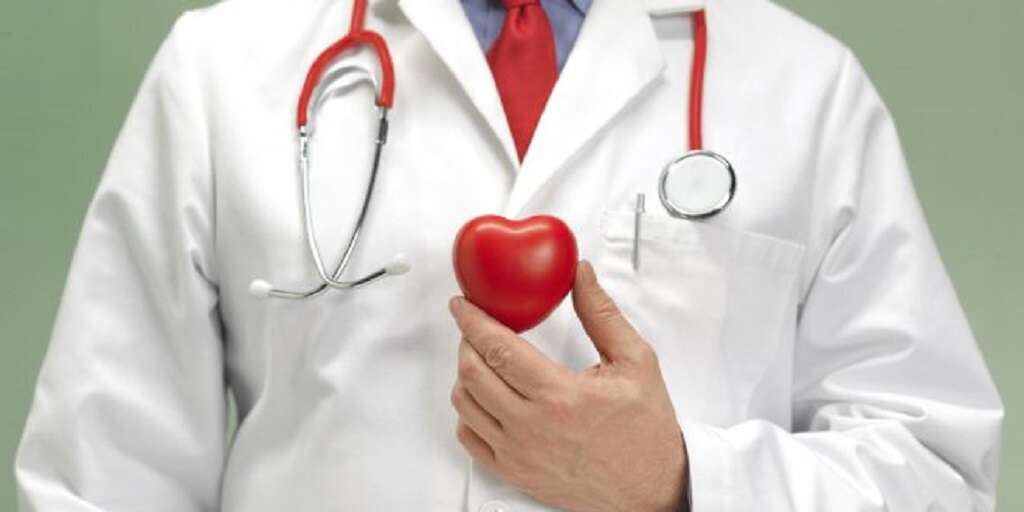
4. Causes of High Cholesterol
An unhealthy lifestyle is the most common cause of high cholesterol. Consuming foods that contain saturated fats or trans fats, as well as processed foods can raise levels of LDL cholesterol.
A lack of physical exercise also results in fats not being burned to create energy, which causes a lowering of beneficial HDL cholesterol. Smoking and certain genetic conditions also lower HDL cholesterol and may result in bad fats not being utilized in a beneficial way.2‘Causes of High Cholesterol.’ Heart.org, www.heart.org/en/health-topics/cholesterol/causes-of-high-cholesterol.

5. Health Problems Caused by High Cholesterol
High cholesterol is associated with a higher risk of cardiovascular disease. Cholesterol buildup, or plaque, can accumulate on artery walls, causing hardening of the arteries or atherosclerosis. When arteries are narrowed, blood flow to the heart muscle is restricted, possibly resulting in angina or a heart attack.
Many arteries can be affected by the buildup of plaque. If the arteries that carry oxygen to the brain and limbs are obstructed, carotid artery disease, peripheral arterial disease and stroke can result.3‘High Cholesterol Diseases: Conditions & Outcome.’ Cleveland Clinic, my.clevelandclinic.org/health/articles/11918-cholesterol-high-cholesterol-diseases.
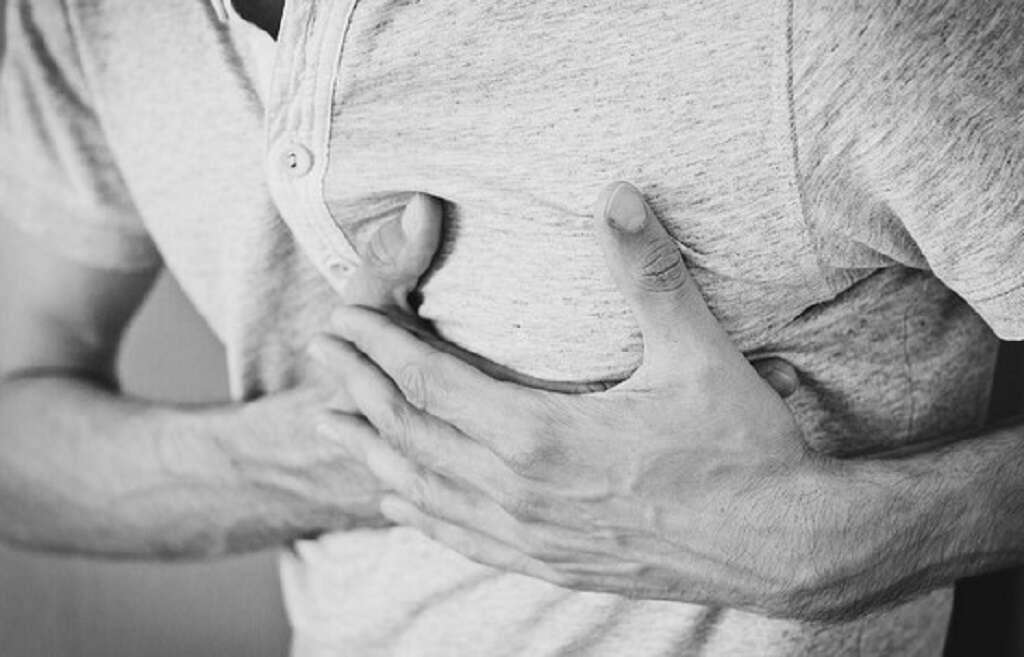
6. Ways to Lower Cholesterol
Cholesterol can be lowered by simple changes that include changes in diet, physical activity, as well as changes in lifestyle. If diet and lifestyle changes alone are not sufficient to lower cholesterol, medication may be required.
Many different types of cholesterol-lowering medications are available, although continuing to incorporate changes in lifestyle is essential to managing this condition. Moderate amounts of exercise can also reduce weight and improve conditions such as diabetes and high blood pressure, which additionally improve heart health.

7. High Cholesterol Risk Factors
Lifestyle, health conditions and family history can all play a part in increasing the risk of high cholesterol. Carrying excess weight and especially obesity can cause high blood pressure, diabetes and high cholesterol levels. A diet high in saturated and trans fats also increases the chances of developing heart disease.
Cholesterol levels increase with age, as older bodies are less capable of eliminating cholesterol from the blood. Smoking also causes damage to the blood vessels, making it easier for the vessels to attract fatty deposits.4‘Knowing Your Risk: High Cholesterol.’ Centers for Disease Control and Prevention, www.cdc.gov/cholesterol/risk/factors.htm.

8. Cholesterol Lowering Lifestyle
Regular 30-minute sessions of moderate to high-intensity exercise five times weekly will increase HDL levels and reduce LDL levels. Losing excess weight is also important, as extra body fat can raise LDL and blood triglyceride levels.
Healthy cooking methods, such as baking, broiling and steaming also help maintain healthy cholesterol levels. Quitting smoking additionally lowers LDL cholesterol and avoiding exposure to secondhand smoke will also prevent LDL cholesterol from clinging to artery walls.

9. Triglycerides
Triglycerides are fats that are found in foods, especially oils, butter and fats. Formed by the intake of extra calories, triglycerides are stored in the fat cells and are the most common kinds of fat in the body.
Triglycerides can accumulate in the arteries, causing hardening of the arteries and raising the risk of diseases such as coronary artery disease. Very high levels of triglycerides can also lead to conditions such as pancreatitis.5‘Triglycerides and High Cholesterol: Causes, Risks & Prevention.’ Cleveland Clinic, my.clevelandclinic.org/health/articles/11117-triglycerides.
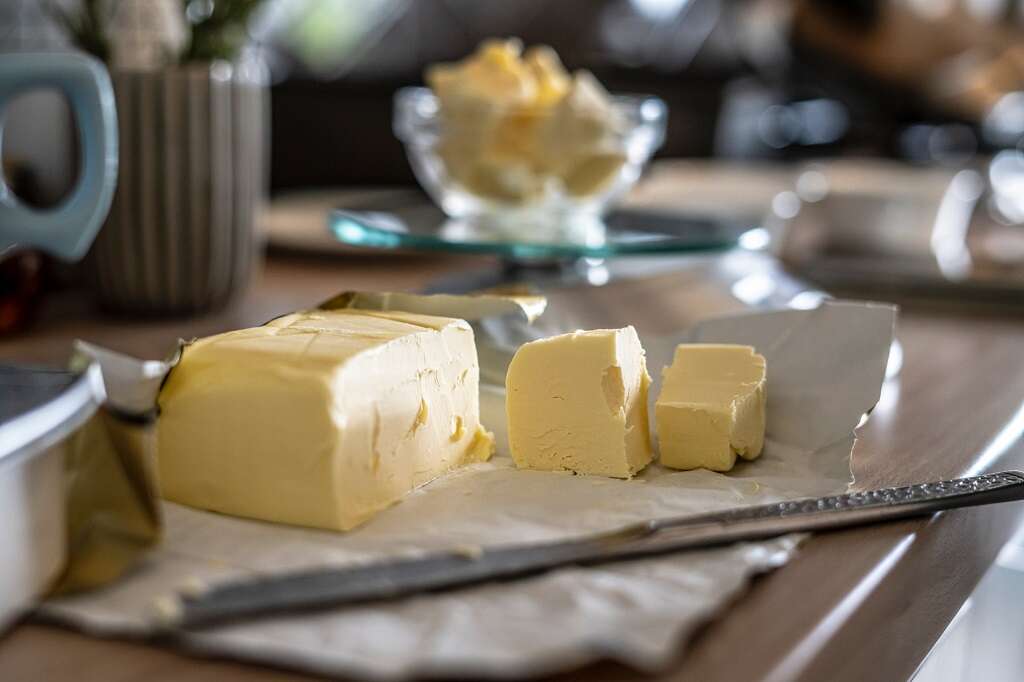
10. Cholesterol Lowering Diet
Fresh fruits, vegetables, herbs and spices contain antioxidants that prevent LDL cholesterol from coating the arteries. Replacing saturated fats with unsaturated fats is also beneficial as unsaturated fats remain liquid at room temperature.
Foods rich in soluble fiber additionally draw cholesterol from the bloodstream, naturally lowering LDL cholesterol levels. A Mediterranean diet is one of the simplest ways to incorporate all aspects of heart healthiness into one’s lifestyle as it is rich in olive oil, nuts, vegetables, fruits, whole grains and fish and low in animal proteins.




